
CQR’s webpages have now migrated to the new Centres and Institutes pages of the Bournemouth University website. We are in the progress of refreshing and updating the new pages, but you can still connect to the old CQR webpages, at least for the time-being. It is here that you can find links to many of the specialisations of members including
Humanising Health and Social Care;
Novel and Innovative Research Methodologies;
Performative Social Science and Arts-led Research;
Narrative and Biographic Research
CQR News
Humanising Care, Health & Wellbeing
13-14th June 2019
 The Humanisation approach is supported by working practices which encourage connection to personal experience and research approaches which privilege subjective experience and knowing. Organised and led by CQR’s Deputy Director, Caroline Ellis-Hill.
The Humanisation approach is supported by working practices which encourage connection to personal experience and research approaches which privilege subjective experience and knowing. Organised and led by CQR’s Deputy Director, Caroline Ellis-Hill.
CQR Members presenting at the Conference include: Camila Devis-Rozental, Caroline Ellis-Hill, Chantel Cox, Clare Gordon, Karen Rees, Lee Ann Fenge, Liz Norton, and Sally Lee.
Publications
 CQR Members, Associates, and Doctoral Students are also busy writing. Below, just a taster from a range of members’ recent wide variety of methods and subject matter, now in press or about to be. CQR members come from across FHSS departments and several other BU Faculties. CQR and CEL have particular synergies around creativity in research and education. Many faculty claim membership in both Centres!
CQR Members, Associates, and Doctoral Students are also busy writing. Below, just a taster from a range of members’ recent wide variety of methods and subject matter, now in press or about to be. CQR members come from across FHSS departments and several other BU Faculties. CQR and CEL have particular synergies around creativity in research and education. Many faculty claim membership in both Centres!
Assoc. Member Lee-Ann Fenge:
Fenge, L., Oakley, L., Taylor, B. and Beer, S. (in press) The impact of sensitive research on the researcher: preparedness and positionality, International Journal of Qualitative Methods
Fenge, L., Melacca, D, Lee, S. and Rosenorn-Lanng, E. (in press) Older peoples’ preferences and challenges when using digital technology: a systematic review with particular reference to digital games, International Journal of Education and Ageing
Fenge, L. Cutts, W. and Seagrave, J. 2018. Understanding homelessness through poetic inquiry: looking into the shadows, Social Work and Social Sciences Review, 19 (3), 119-133
BU Visiting Prof Catherine Hennessy:
Hennessy, C.H. and Means, R. (2018). “Connectivity of Older People in Rural Areas”, Chapter 8 in A. Walker (ed.) The New Dynamics of Ageing, Bristol: Policy Press.
Member Camilla Devis-Rozental:
Devis-Rozental.C. (2018). Developing Socio-Emotional Intelligence in Higher Education Scholars. London: Palgrave Macmillan.
Member Jo Thurston:
Thurston, J., 2020. Opening a Door to a Private World: Using Auto/biographical Methodology to Explore Health Experience. SAGE Methods Cases.
Assoc. Member Carly Stewart:
Sparkes, A. C. & Stewart, C. 2019. Stories as actors causing trouble in lives: a dialogical narrative analysis of a competitive cyclist and the fall from grace of Lance Armstrong. Qualitative Research in Sport, Exercise and Health.
Stewart, C., Woodward, M. and Gough, R., 2019. ‘I’ve drawn, like, someone who was the world’: drawings as embodied gestures of lived yoga experience. Qualitative Research in Sport, Exercise and Health.
CQR Director Kip Jones, Member Jo Thurston, Assoc. Member Louise Oliver
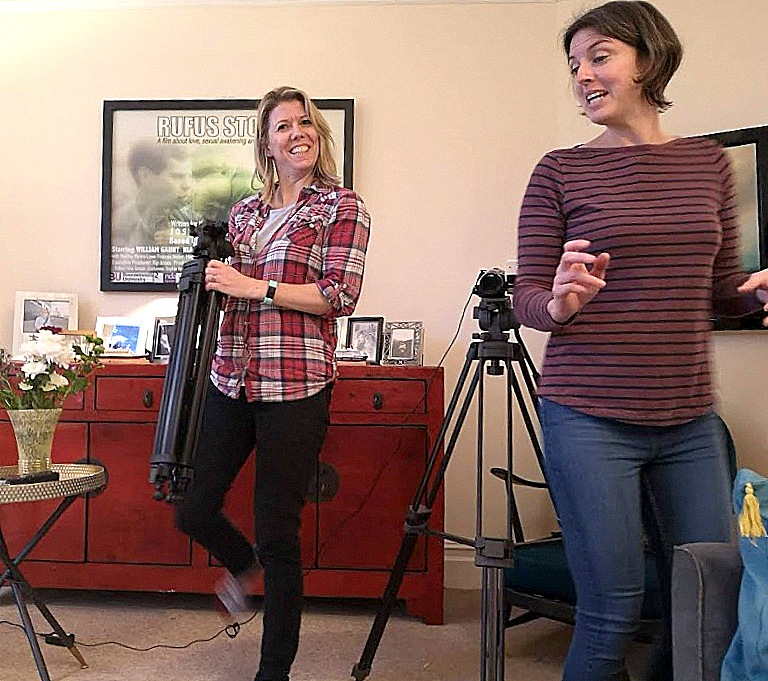
Thurston and Oliver prepare for the interview
Jones was invited by Sage Publications’ MethodSpace to write a blog article for their June/July Special Issue on Creativity. Kip transcribed his interview on biographic research conducted by CQR members, Joanna Thurston and Louise Oliver. The pair interviewed Jones, along with several other academics, for their film, “It’s not research, it’s just stories!” The film was screened at the British Sociological Association Auto/Biography Study Group Conference in December 2018. Kip Jones discusses “Biography, Auto-biography, and Creativity” in the MethodSpace blog piece.
Assoc. Member Lorraine Brown:
Kichuk, A; Brown, L; Ladkin, A 2019 Talent pool exclusion: the hotel employee perspective International Journal of Contemporary Hospitality Management
Member Jenny Hall:
Crowther, A. Stephen & J. Hall (2019) Association of psychosocial–spiritual experiences around childbirth and subsequent perinatal mental health outcomes: an integrated review, Journal of Reproductive and Infant Psychology.
Assoc. Members Janet Scammell, Vanessa Heaslip, Karen Cooper
Rosser, E., Scammell, J., Heaslip, V., White, S., Phillips, J., Cooper, K., Donaldson, I., Hemingway, A., (2019). Caring values in undergraduate nurse students: a qualitative longitudinal study. Nurse Education Today.
Member Michele Board, Associate Member Vanessa Heaslip
Board, M., Pigott, L., Olive, H. and Heaslip, V., 2019. Better Together – A Day Hospital’s move towards Integrated care. International Journal of Therapy and Rehabilitation.
CQR Members Presenting and Video Conferencing
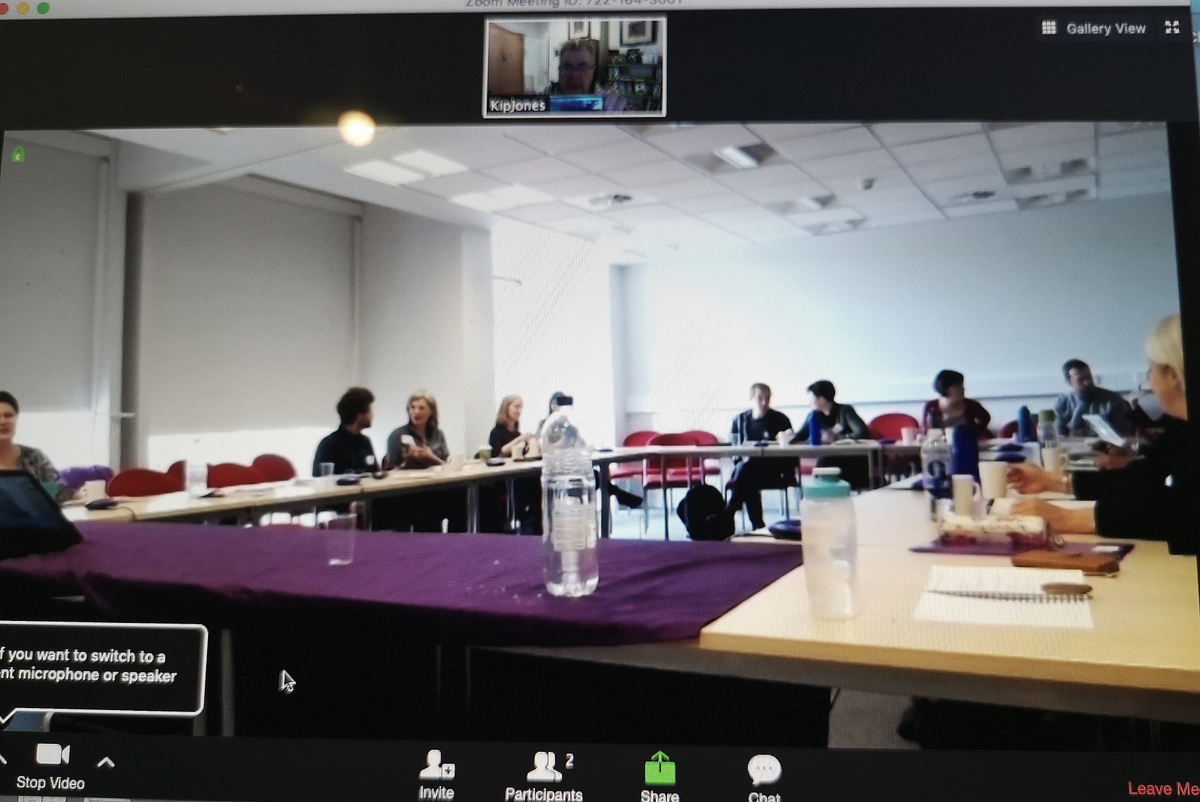
Kip Jones held a successful video session for the recent Social Fiction Conference at the Morgan Centre for Research into Everyday Lives at the University of Manchester. He will be conducting another session via video link with postgrad students at Nazarbayev University Graduate School of Education in Kazakhstan in a few weeks’ time. Both sessions centre around the award-winning short film, RUFUS STONE and Jones’ part in creating it.
CQR Deputy Director Caroline Ellis-Hill:
Ellis-Hill C, Lamont –Robinson C & Galvin K (2019) Sustaining wellbeing after a stroke: reflections on humanising lifeworld processes within an Arts and Health group – HeART of stroke EACS conference – Sustainable Caring for Health and Wellbeing Oct 1st -3rd 2019 Åbo Akademi University, Vaasa, Finland
Paglioni M, Ellis-Hill C, Board M and Branney, J and Valentine J (2019) Exploring the experience of older people who attend a hospital … The British Society of Gerontology 48th Annual Conference: University of Liverpool 10 -12 July 2019.
Doctoral student, Charlotte Clayton, has a poster accepted for presentation about her PhD research fort the University of Southampton conference, ‘Pregnancy, Maternity and the Self’ 21st June.
Assoc. Member Trevor Hearing presented:
“The Scholarly Studio: The Application of the Television Studio as a Performative Research Tool” at: Creative Practice Research in the Age of NeoLiberal Hopelessness 10-12 May 2018 University of Bedfordshire.
CQR members Lee-Ann Fenge, Kip Jones, Vanessa Heaslip Took part in the Charity Research Showcase at Bournemouth U.
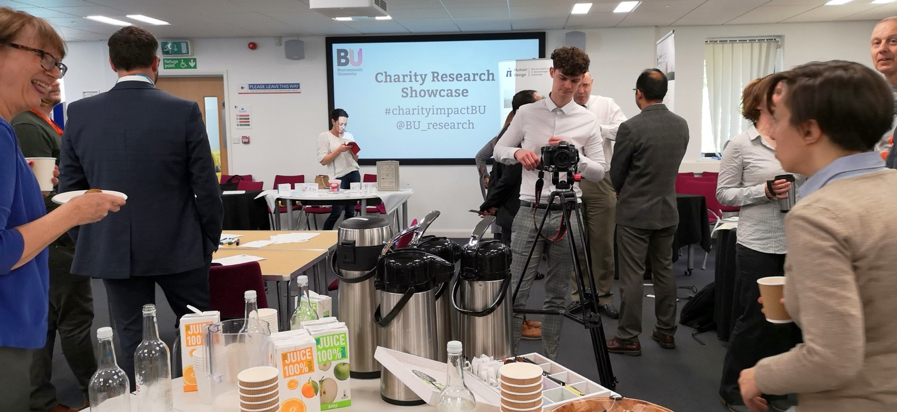
Participants discussed their research with the charity sector and a wide range of charity partners.
Ideas, Ideas, Ideas!
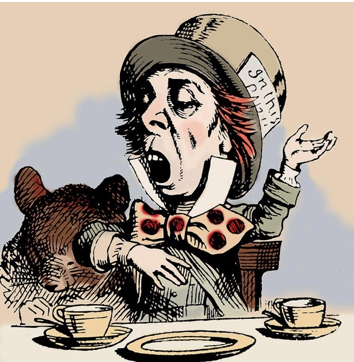 Following on from yet another successful year of CQR Lunchtime Seminars, it is time now for CQR members, Associate Members and Doctoral Associates, to be thinking of ideas for seminars for the next academic year. The theme for the year will be: “Methods to Our Madness!” Informal talks followed by interactive discussions are the order of the day!
Following on from yet another successful year of CQR Lunchtime Seminars, it is time now for CQR members, Associate Members and Doctoral Associates, to be thinking of ideas for seminars for the next academic year. The theme for the year will be: “Methods to Our Madness!” Informal talks followed by interactive discussions are the order of the day!
There certainly will NOT be time to explain a whole research method! Instead, presenters are asked to informally talk about how they decided on a method for a piece of research, and perhaps how that worked out (or not!) for them. CQR audiences are particularly interested in what we might call the application of ‘Creative Methods” in research!
CQR members are asked to submit ideas now as it takes time to organise the calendar for these ahead of time. Please send your thoughts via email to Kip.

 Congratulation to BU’s Prof. Tiantian Zhang who has been awarded at Visiting Professorship at the University of Oxford. Her research area is cryopreservation of biological materials for medical applications. Tiantian is now affiliated with the Oxford Suzhou Centre for Advanced Research, which is the University of Oxford’s first overseas centre for advanced physical and engineering science research.
Congratulation to BU’s Prof. Tiantian Zhang who has been awarded at Visiting Professorship at the University of Oxford. Her research area is cryopreservation of biological materials for medical applications. Tiantian is now affiliated with the Oxford Suzhou Centre for Advanced Research, which is the University of Oxford’s first overseas centre for advanced physical and engineering science research. Calling Gen Z (16-19 yrs)! Join us for a morning of sharing your experiences & engagement with the world around you. Take part in discussion about creating videos based on your stories! Free lunch & Storyboard books to continue your ideas!
Calling Gen Z (16-19 yrs)! Join us for a morning of sharing your experiences & engagement with the world around you. Take part in discussion about creating videos based on your stories! Free lunch & Storyboard books to continue your ideas!
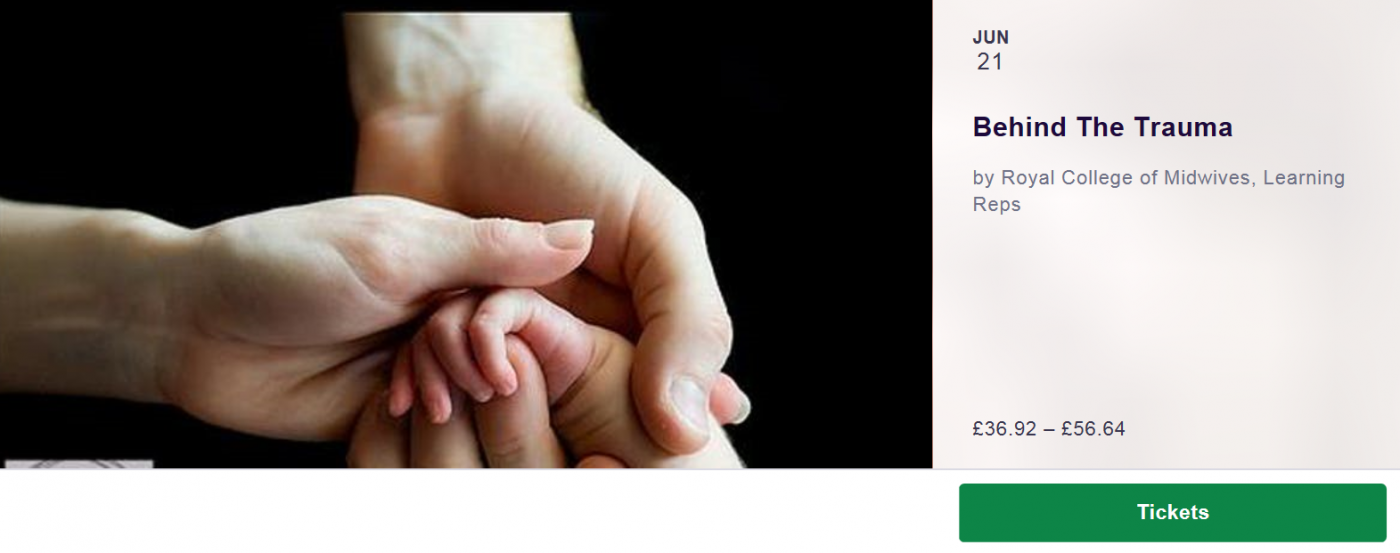
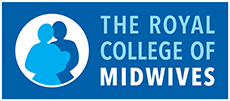
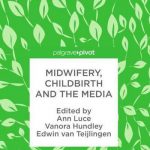

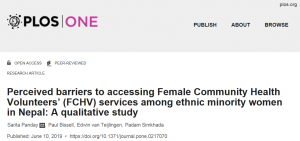

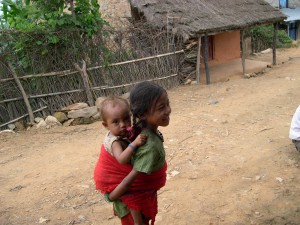
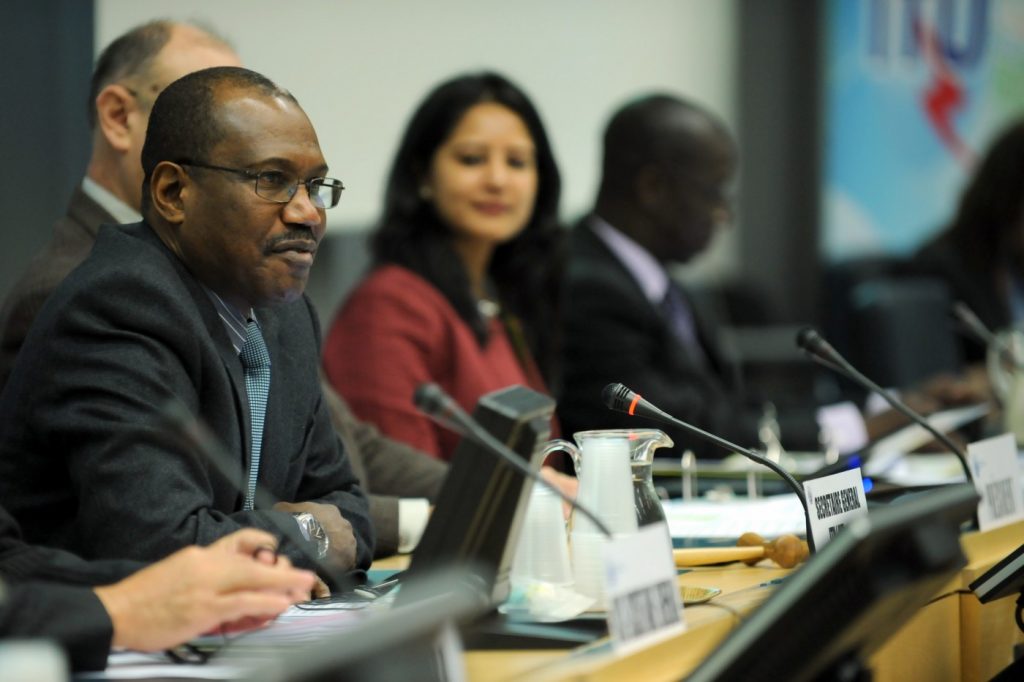
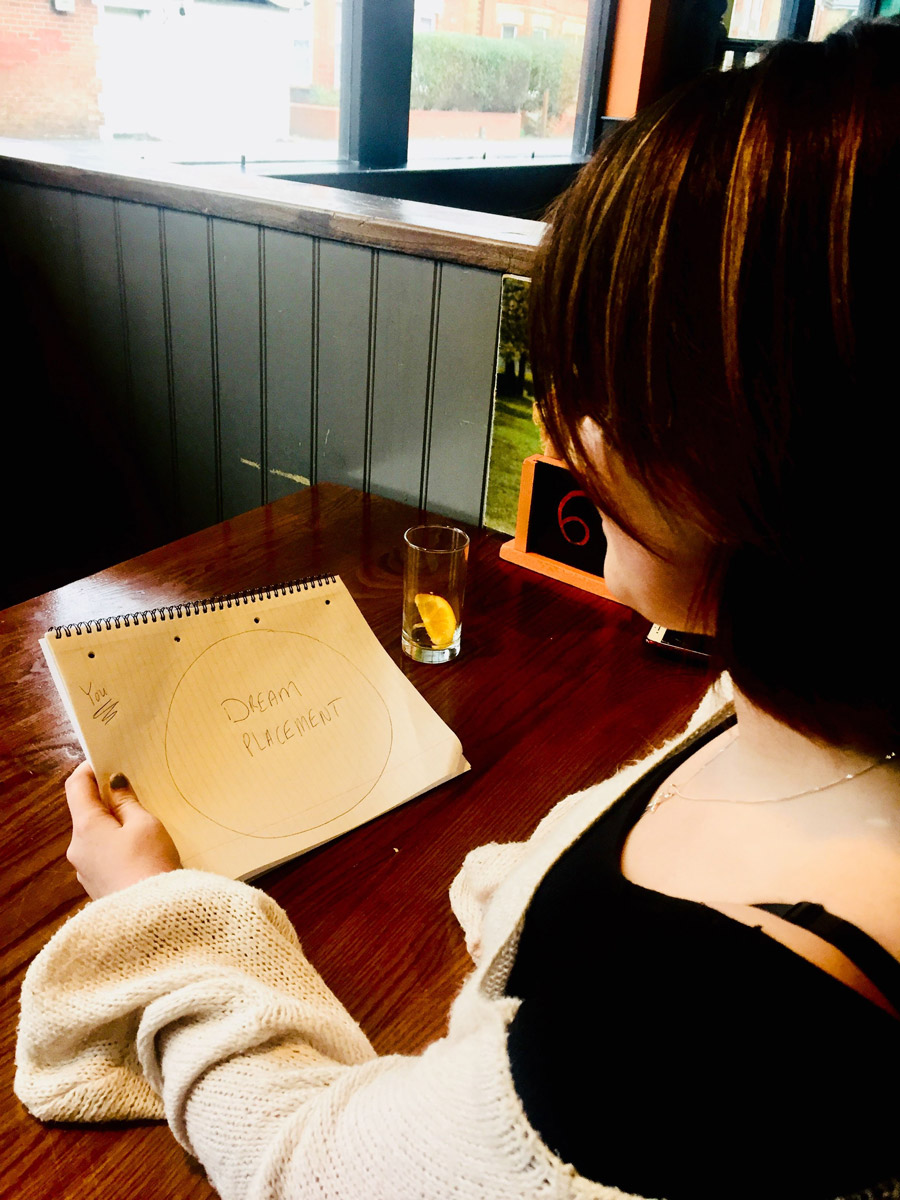
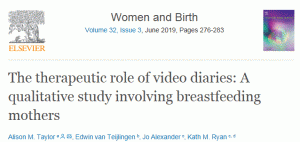
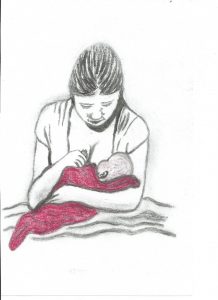

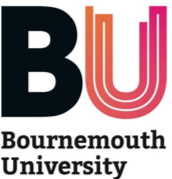
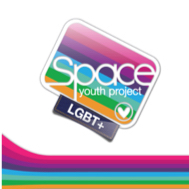





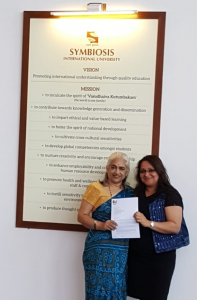

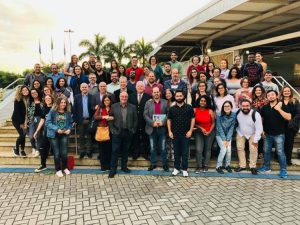
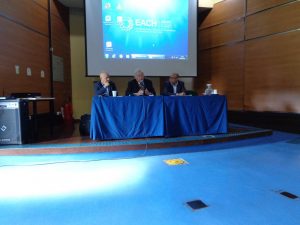
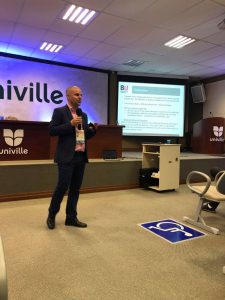
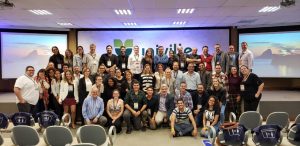
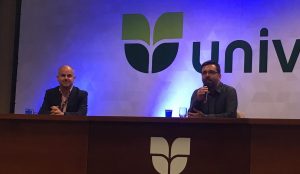
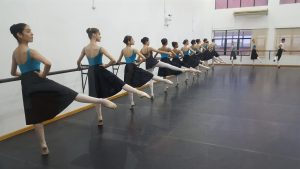
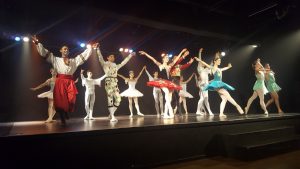
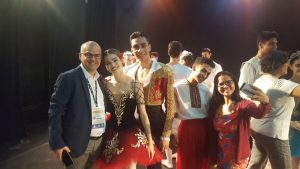
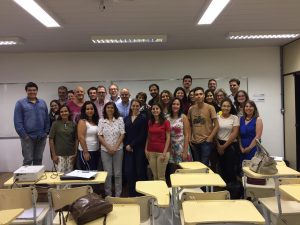
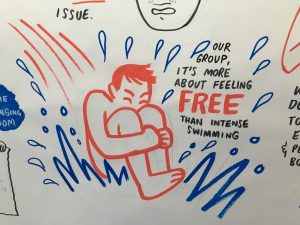

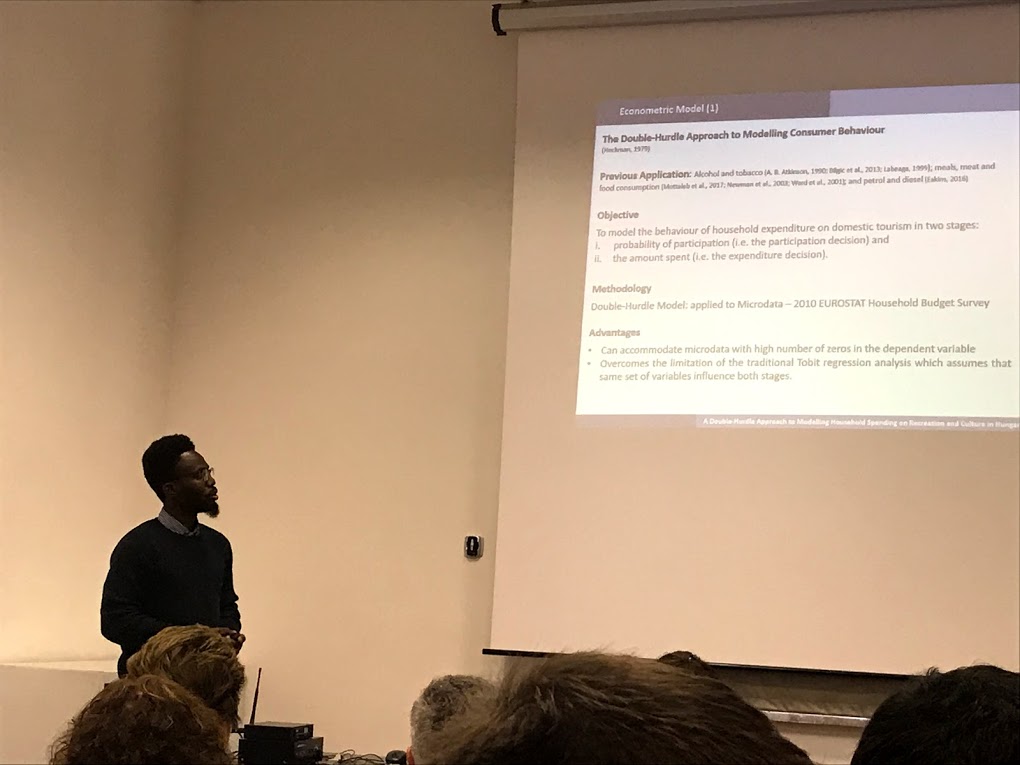

 The Humanisation approach is supported by working practices which encourage connection to personal experience and research approaches which privilege subjective experience and knowing. Organised and led by CQR’s Deputy Director, Caroline Ellis-Hill.
The Humanisation approach is supported by working practices which encourage connection to personal experience and research approaches which privilege subjective experience and knowing. Organised and led by CQR’s Deputy Director, Caroline Ellis-Hill. CQR Members, Associates, and Doctoral Students are also busy writing. Below, just a taster from a range of members’ recent wide variety of methods and subject matter, now in press or about to be. CQR members come from across FHSS departments and several other BU Faculties. CQR and CEL have particular synergies around creativity in research and education. Many faculty claim membership in both Centres!
CQR Members, Associates, and Doctoral Students are also busy writing. Below, just a taster from a range of members’ recent wide variety of methods and subject matter, now in press or about to be. CQR members come from across FHSS departments and several other BU Faculties. CQR and CEL have particular synergies around creativity in research and education. Many faculty claim membership in both Centres!


 Following on from yet another successful year of CQR Lunchtime Seminars, it is time now for CQR members, Associate Members and Doctoral Associates, to be thinking of ideas for seminars for the next academic year. The theme for the year will be: “Methods to Our Madness!” Informal talks followed by interactive discussions are the order of the day!
Following on from yet another successful year of CQR Lunchtime Seminars, it is time now for CQR members, Associate Members and Doctoral Associates, to be thinking of ideas for seminars for the next academic year. The theme for the year will be: “Methods to Our Madness!” Informal talks followed by interactive discussions are the order of the day!










 FHSS academics teaching in Nepal
FHSS academics teaching in Nepal New weight change BU paper
New weight change BU paper One week to go! | The 16th Annual Postgraduate Research Conference
One week to go! | The 16th Annual Postgraduate Research Conference Geography and Environmental Studies academics – would you like to get more involved in preparing our next REF submission?
Geography and Environmental Studies academics – would you like to get more involved in preparing our next REF submission? Congratulations to three former BU staff
Congratulations to three former BU staff MSCA Staff Exchanges 2024 Call – internal deadline
MSCA Staff Exchanges 2024 Call – internal deadline Applications are now open for 2025 ESRC Postdoctoral Fellowships!
Applications are now open for 2025 ESRC Postdoctoral Fellowships! Horizon Europe – ERC CoG and MSCA SE webinars
Horizon Europe – ERC CoG and MSCA SE webinars MaGMap: Mass Grave Mapping
MaGMap: Mass Grave Mapping ERC grants – series of webinars
ERC grants – series of webinars